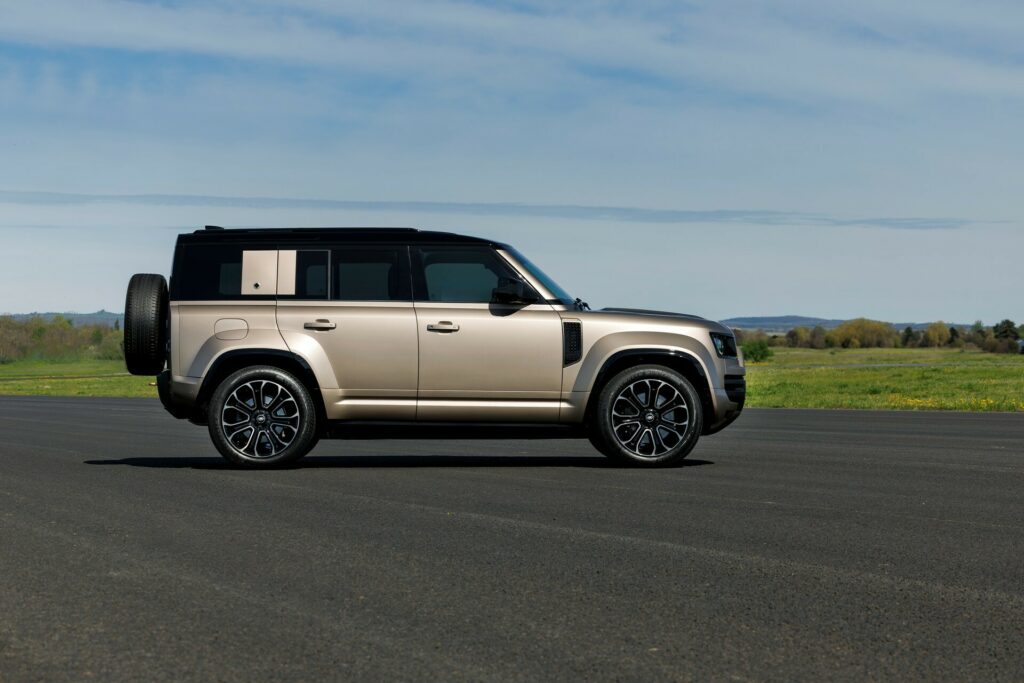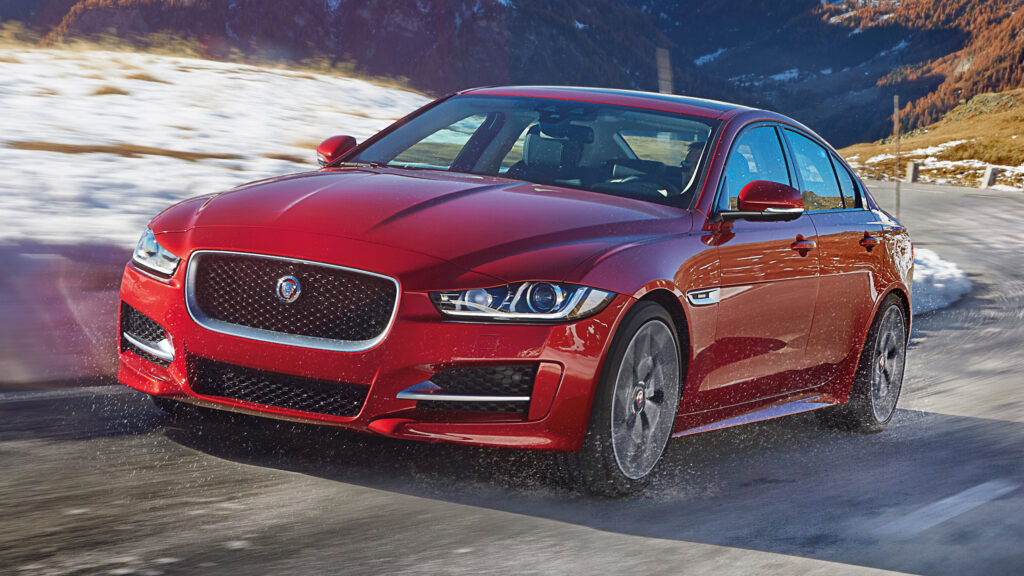- Jaguar Land Rover is accused of selling driver data to credit agencies and insurers.
- Credit agencies use this data to increase insurance premiums, affecting car owners.
- JLR denies collecting customer data or engaging in data-sharing or selling practices.
When we purchase an expensive new item, like a car, it’s reasonable to believe the company selling us that product has our best interests in mind and will do all they can to safeguard any personal information we give them. However, a growing number of claims being made about some of the world’s largest automakers suggests this may not be true.
In March, a story broke that numerous car brands in the U.S. were selling driving data to insurers. Then, just a few weeks ago, a pair of senators called on the Federal Trade Commission to investigate the practice. A pair of lawsuits swiftly followed, alleging Hyundai and Kia, as well as GM, had been unlawfully selling driving data. Now, a proposed class action lawsuit claims Jaguar Land Rover North America is jumping on the same bandwagon, though the automaker denies the allegations.
Read: Carmakers Are Snitching On You And Selling Your Driving Data To Insurers
The lawsuit, filed in the United States District Court of Massachusetts, alleges that the brand captures and shares personal data collected through several software features, including InControl, which has been used since 2014.
According to the owners involved in the class action, this system can track the location of a vehicle, data about acceleration, hard braking, and high-speed events, while even transmitting details about Bluetooth calls and music played in the car. JLR is then accused of providing and/or selling some or all of this data to credit agencies and/or data-aggregation companies, all without the owners’ knowledge.
Once credit agencies gain access to this data, they can turn around and sell it to automotive insurance companies, according to the lawsuit. These insurers then use the data to adjust and hike up their quotes and premiums, often to the detriment of the car owners.

“The net result is every entity in this series of transactions is profiting from the sale of drivers’ data, while drivers themselves not only do not see a penny from the sale of their own data, but often see their insurance quotes or premiums inexplicably go up,” the lawsuit argues.
The lawsuit identifies two plaintiffs: Gail Hupper and William Wood. They purchased a 2023 Land Rover Defender 110 in April, 2023, and a few months later, received a software update making it clear their car was connected to the internet.
JLR denies the allegations
The plaintiffs say the continuous software connections were not adequately disclosed in JLR’s marketing materials, and reached out to the company. JLR denied that its vehicles collect customer data or that it participates in data collection and the sharing and/or selling practices alleged.




